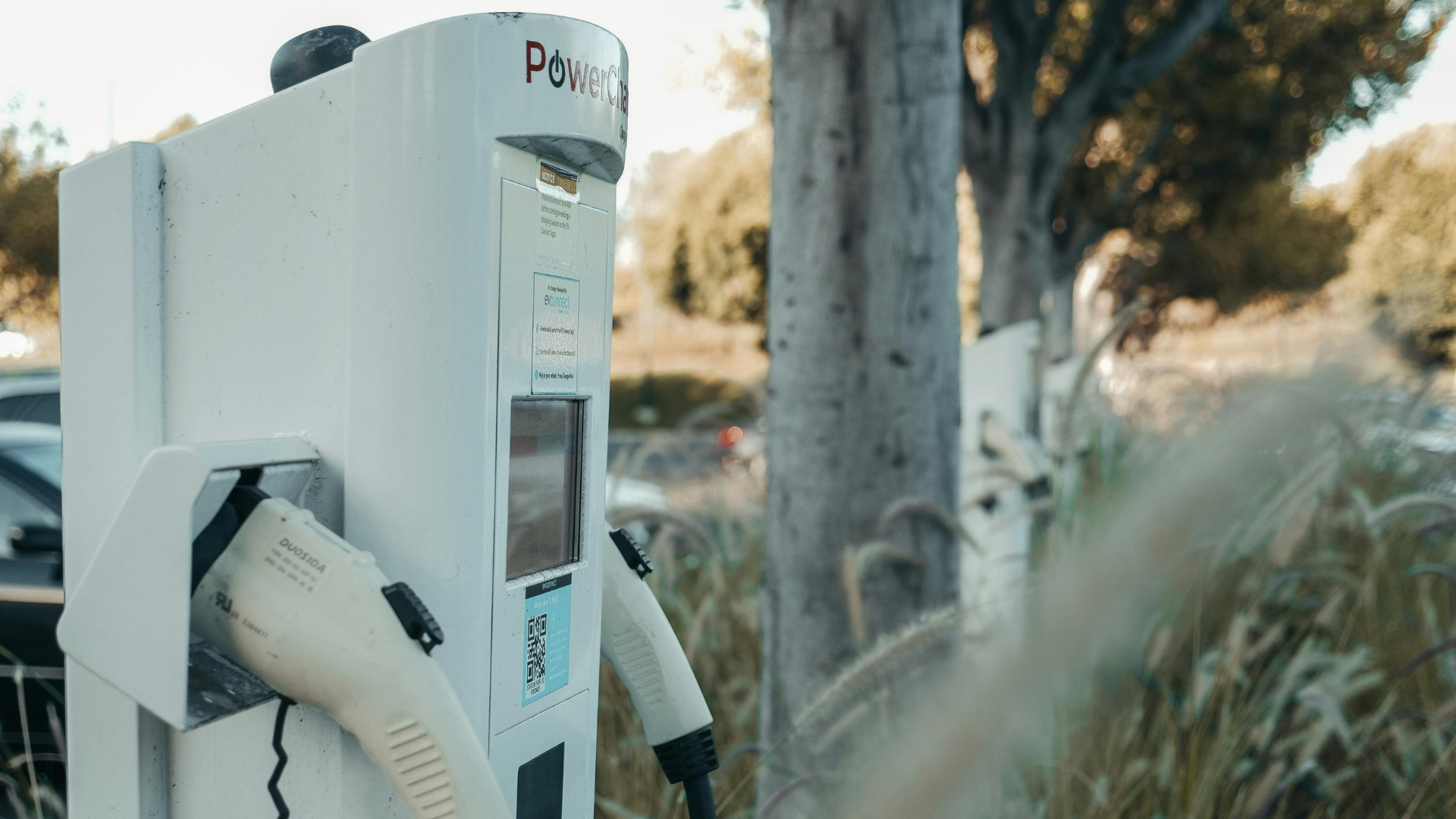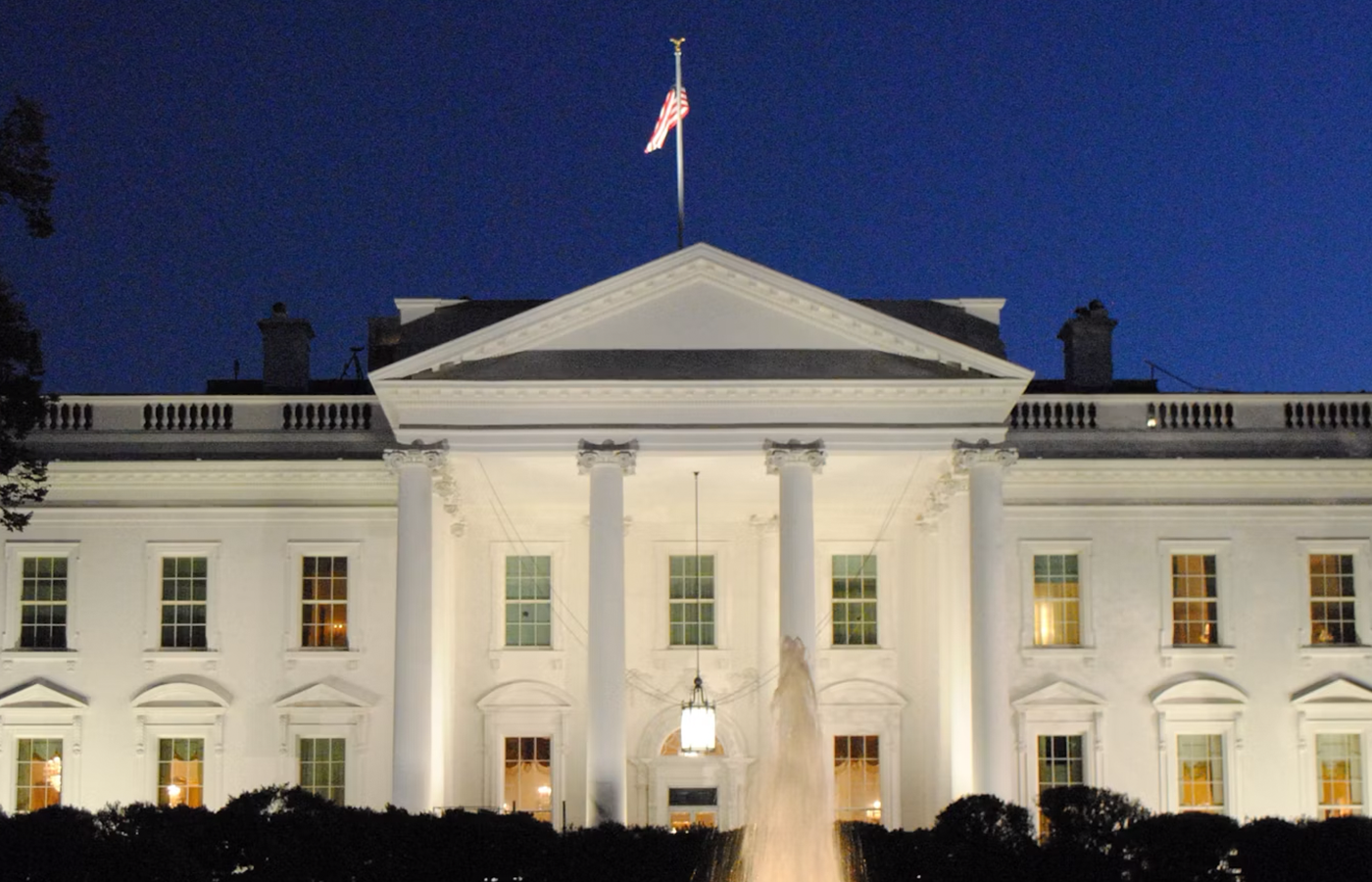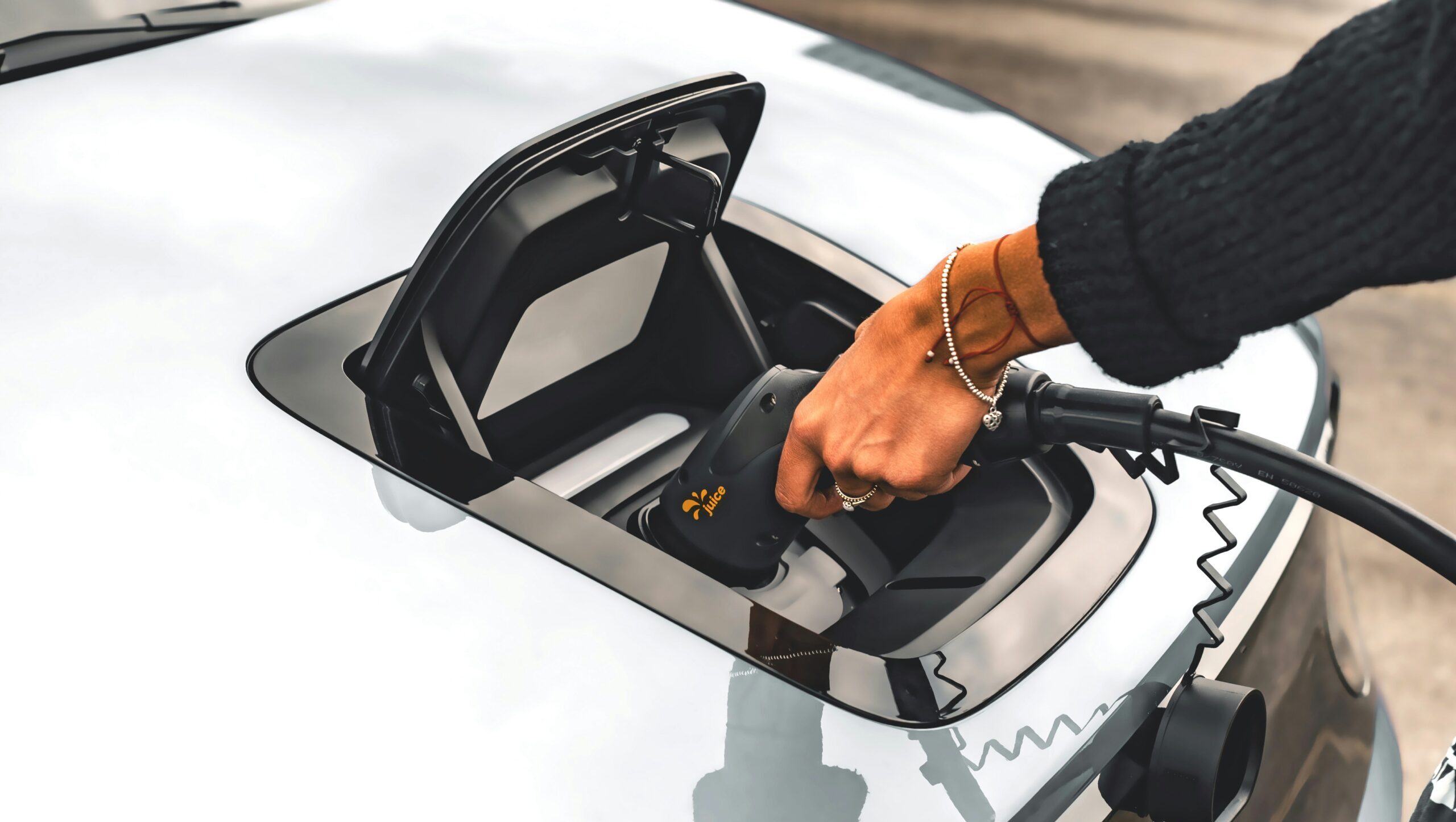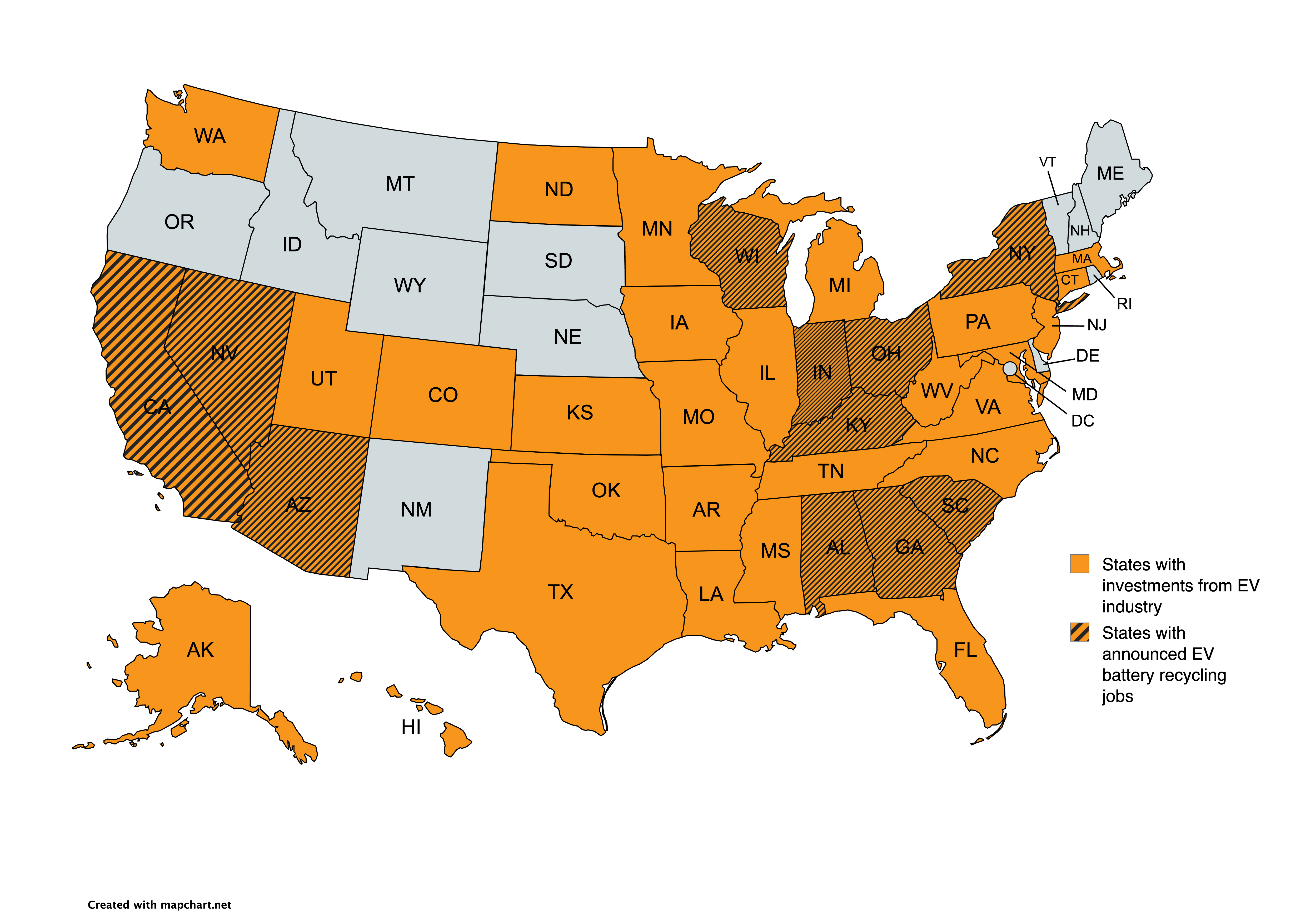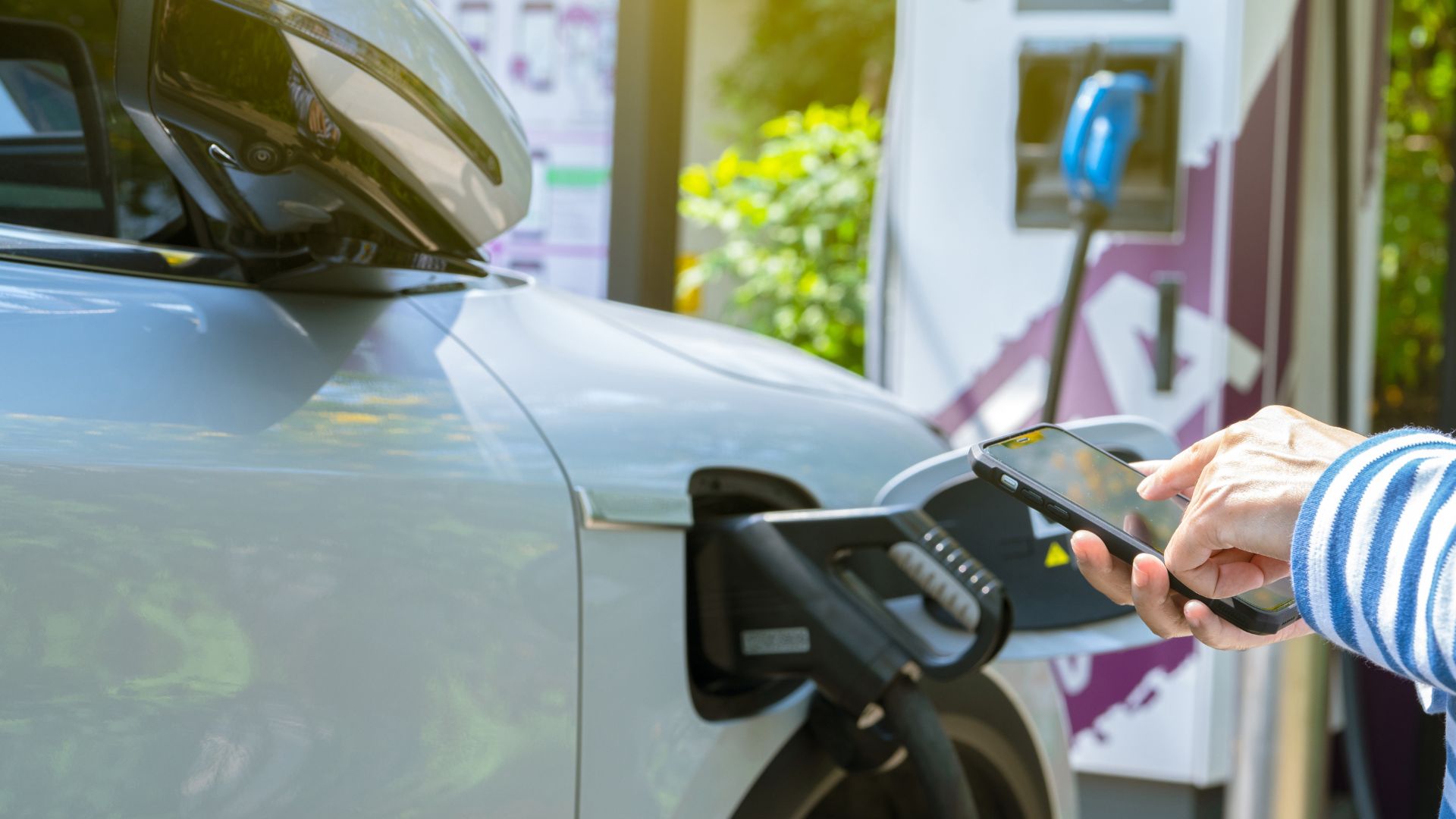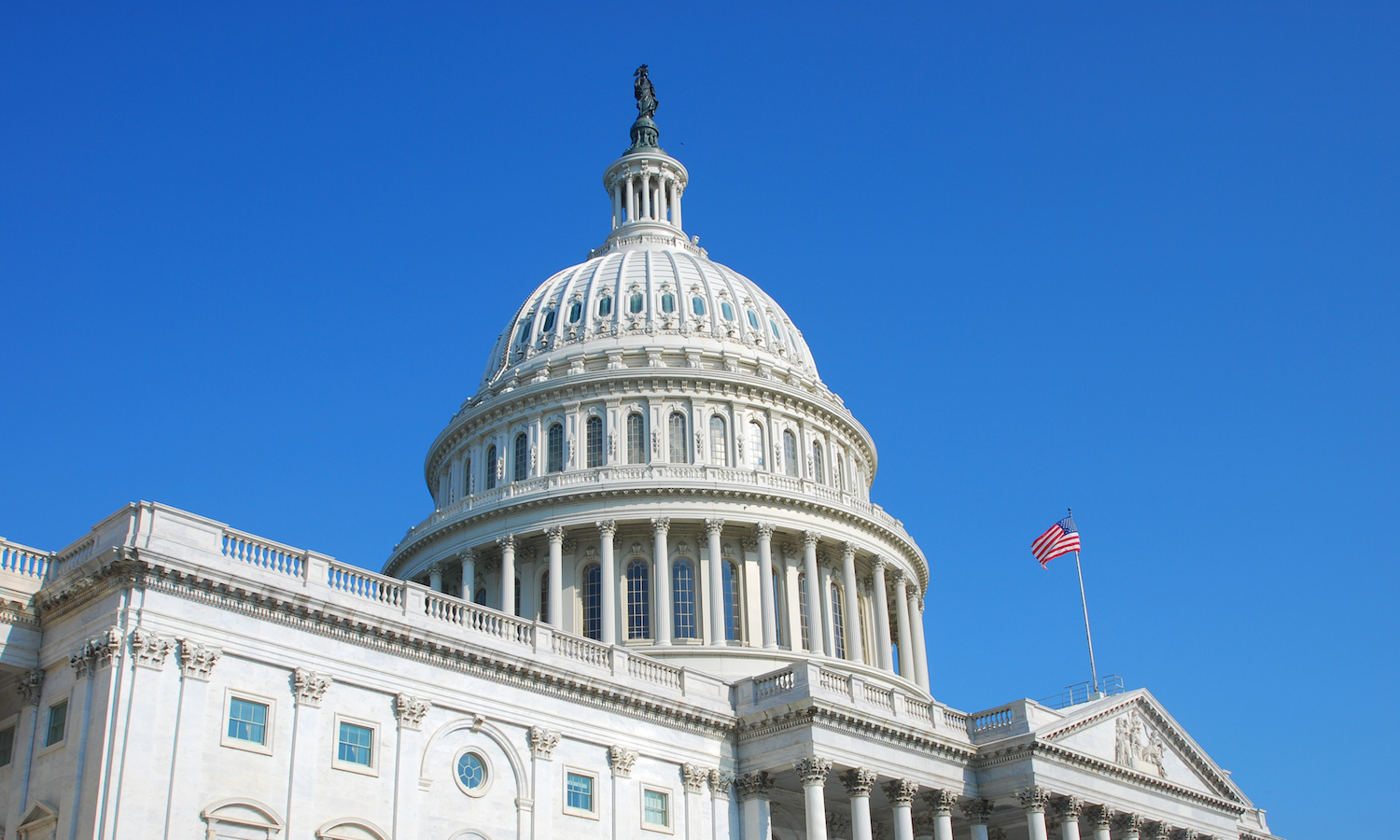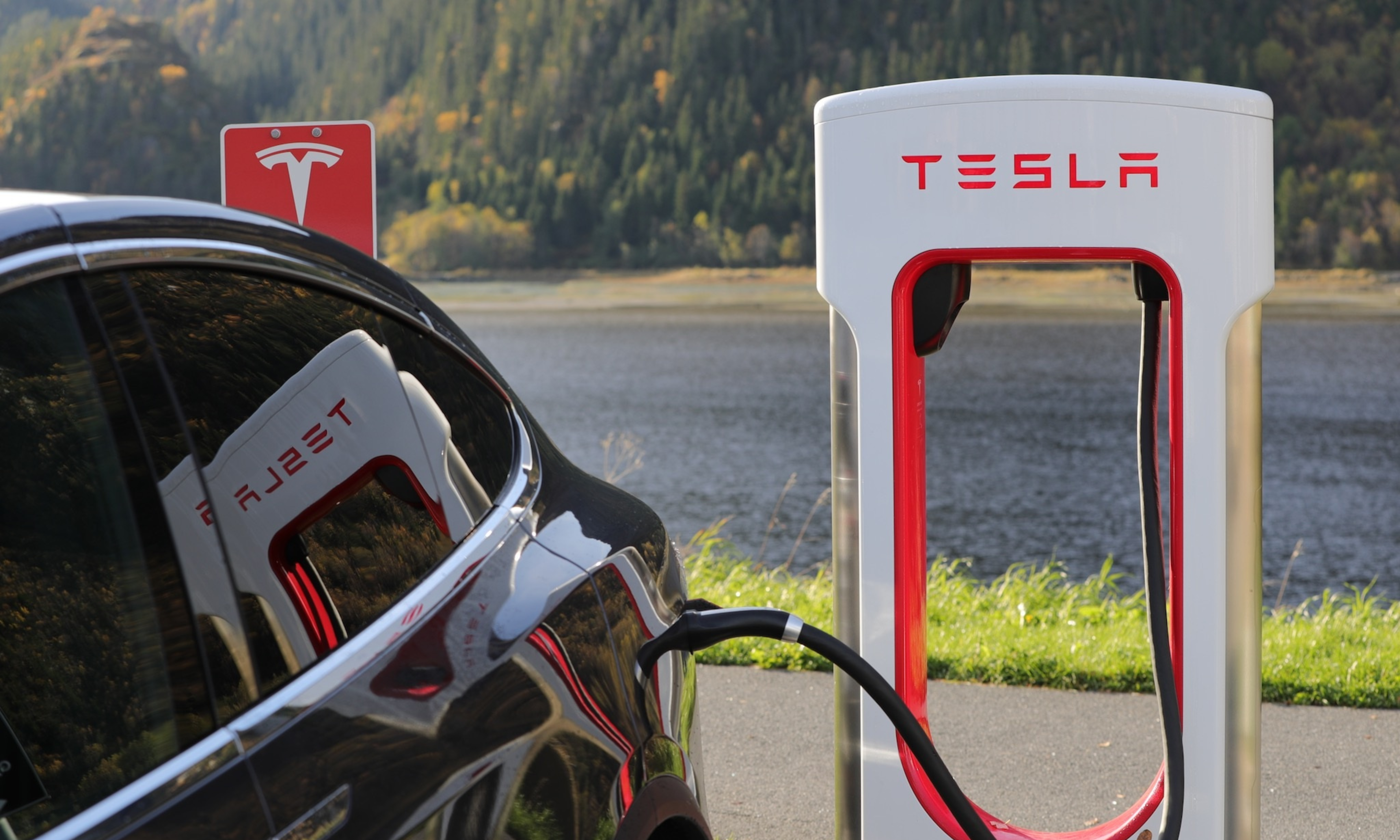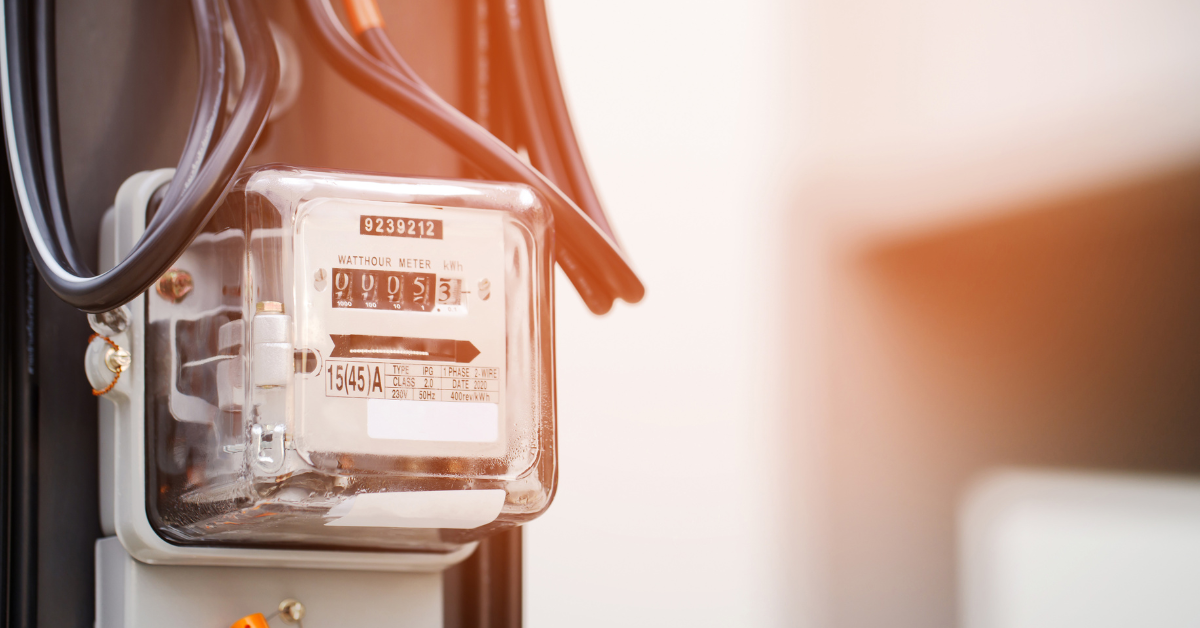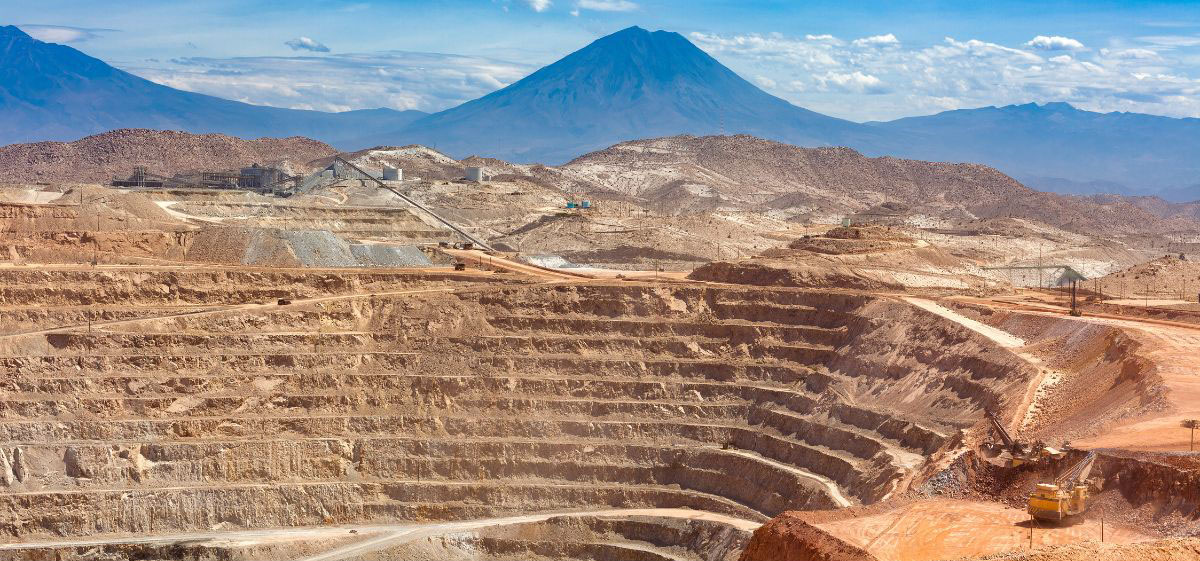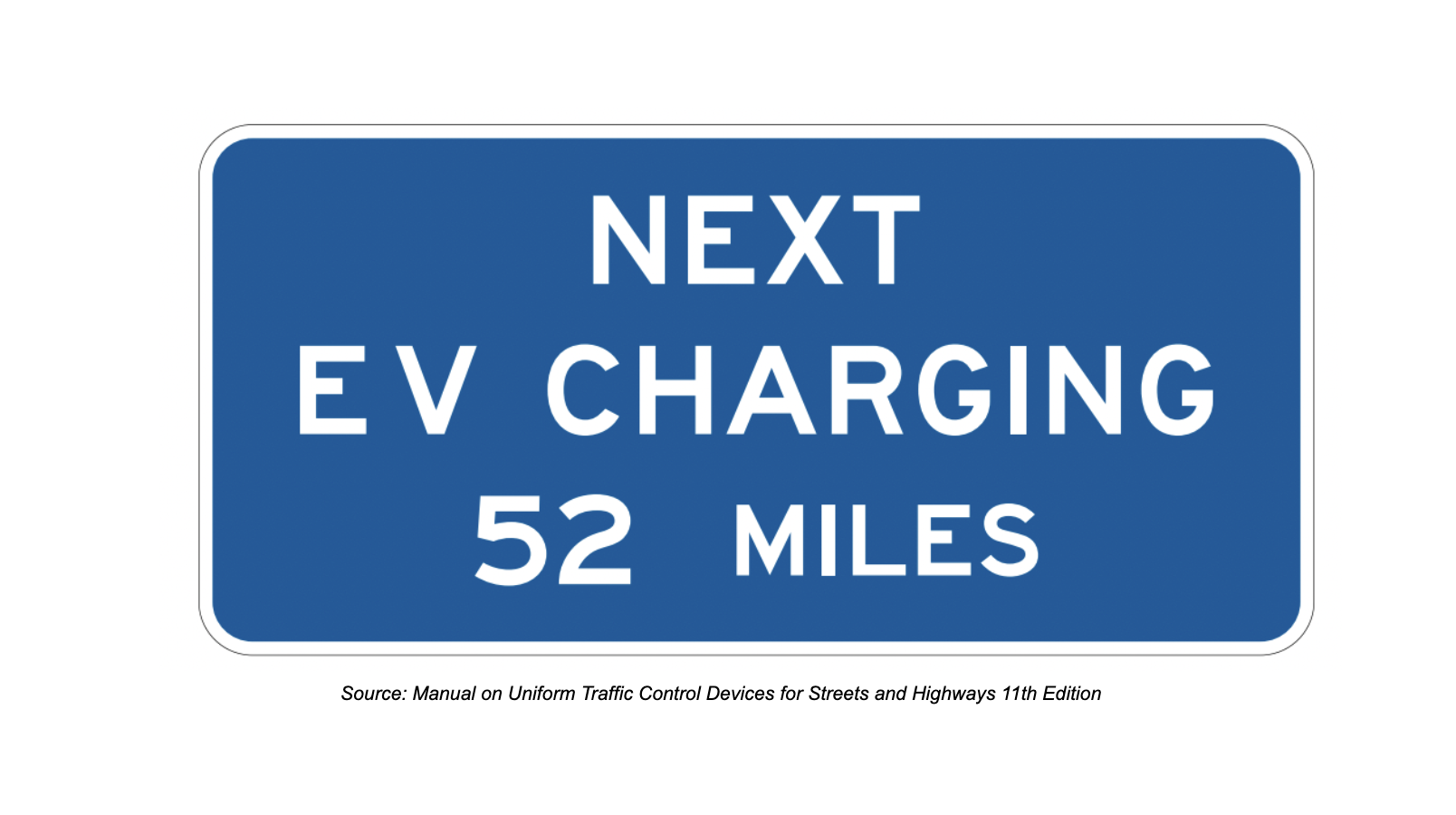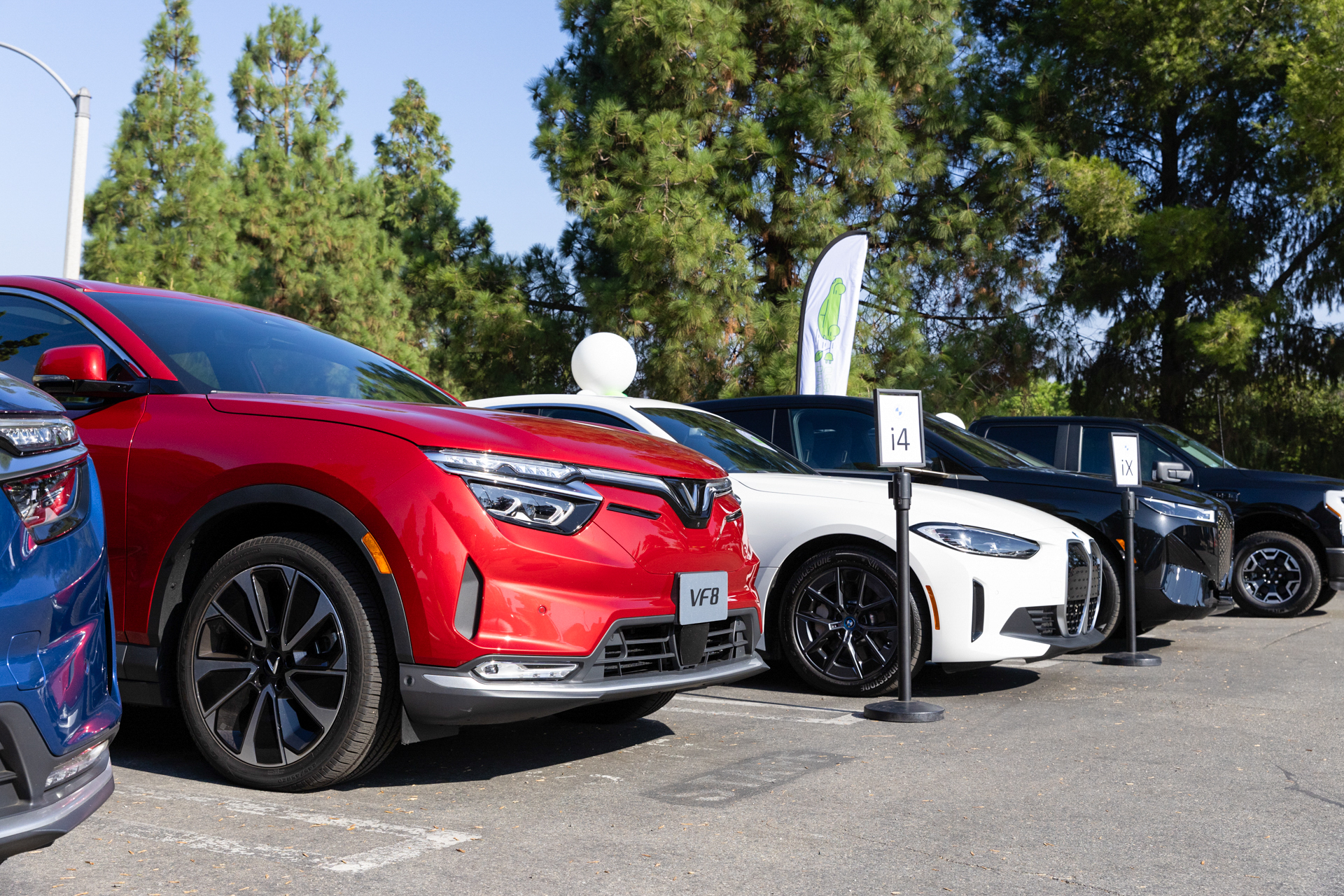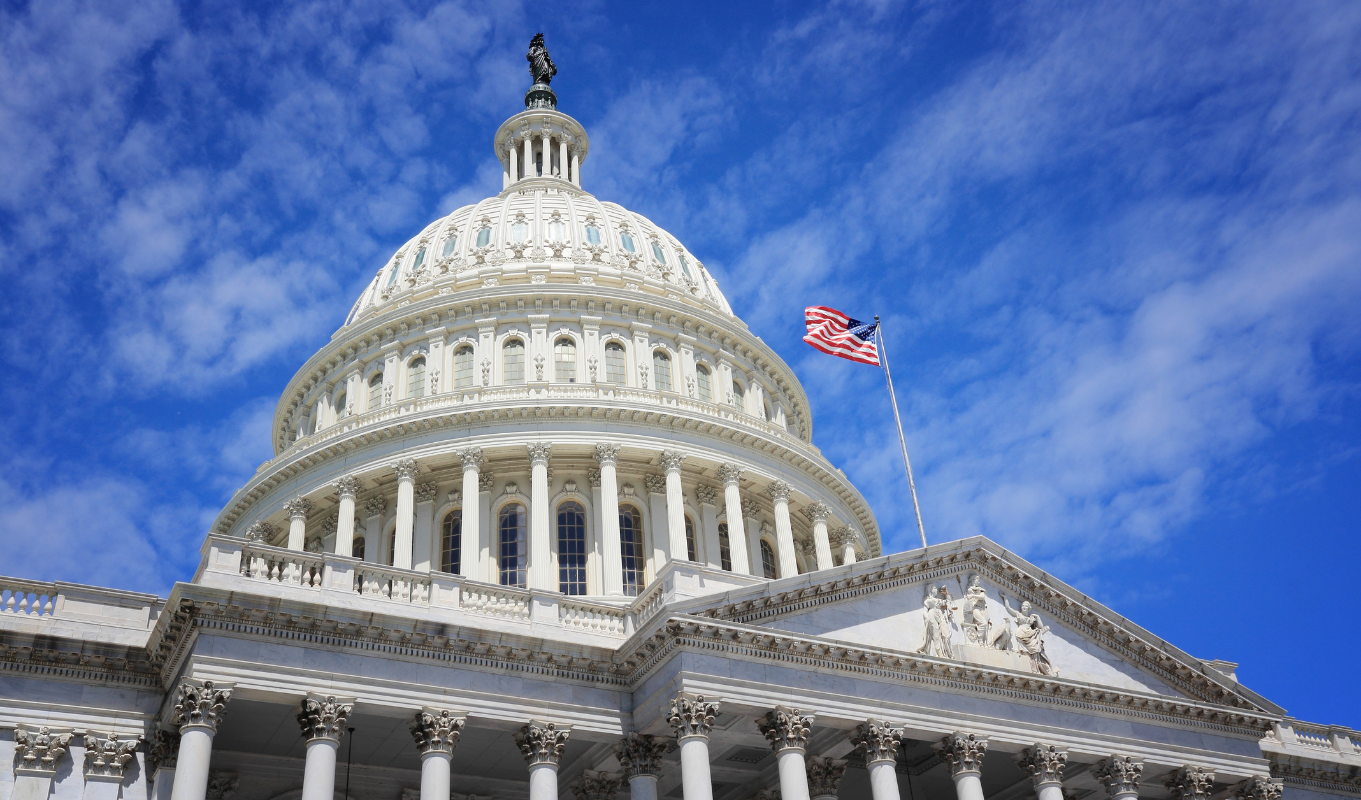Archive for the ‘Policy’ Category
The Road Ahead for Electric Vehicles
The EV tax credits went out with a bang. EV sales for both new and used EVs surged as buyers rushed to take advantage of great deals before the tax credits’ premature end. The prevailing EV sales forecasts anticipate low sales in the fourth quarter of 2025, followed by a[…]
12 ways the megabill hurts EV adoption
On July 4, 2025, a tax-and-spending bill officially named “The Act” was signed into law. The new law handed out billions of dollars in fossil-fuel subsidies while actively dismantling EV and clean energy incentives, programs, and regulations. We’re calling it the dirty dozen, 12 ways this legislation directly or indirectly[…]
Carmax, Carvana, and automotive stakeholders urge Congress to keep EV tax credits
As we’ve previously explained, cutting the EV tax credits now would be a costly mistake. If the EV tax credits are rolled back: People will lose hundreds of thousands of jobs, and companies will lose billions of dollars in investments. Since January, uncertainty about federal support for clean energy projects[…]
EV Tax Credits Are Working—Cutting Them Now Would Be a Costly Mistake
If you already drive an EV, you might wonder, “Why all the fuss about EV tax credits?” Maybe you already took advantage of the federal tax credit or bought your EV without it because you care about tech, climate, or long-term savings. In EV-friendly areas, with Teslas and Bolts everywhere,[…]
Congress is pushing a punitive tax on EV drivers
As part of the Budget Reconciliation bill, Congressional leadership has proposed an annual car tax of $250 on EV drivers and $100 on plug-in hybrid electric vehicles (PHEVs). This car tax only targets low- or zero-pollution vehicles. Gas guzzlers get a free pass. If this car tax passes, $250 will[…]
it’s electric, a New York-based company, is partnering with property owners and installing public curbside charging with a twist
This is part of a collection of case studies that focus on creative charging solutions for EV drivers in multifamily housing. For more information and the full collection, visit our Charging Solutions for EV Drivers in Multifamily Housing hub. Challenge For EV drivers in cities, charging can be difficult to[…]
Electric Nation is providing access to clean and affordable transportation for underserved tribal communities
This is part of a collection of case studies that focus on creative charging solutions for EV drivers in multifamily housing. For more information and the full collection, visit our Charging Solutions for EV Drivers in Multifamily Housing hub. Challenge Access to charging is essential for drivers of all kinds.[…]
Revel is powering cities with public EV charging and all-electric rideshares
This is part of a collection of case studies that focus on creative charging solutions for EV drivers in multifamily housing. For more information and the full collection, visit our Charging Solutions for EV Drivers in Multifamily Housing hub. Challenge Getting EV charging in cities can be extra challenging because[…]
Burlington Electric Department installs pole-mounted EV chargers for targeted curbside charging
This is part of a collection of case studies that focus on creative charging solutions for EV drivers in multifamily housing. For more information and the full collection, visit our Charging Solutions for EV Drivers in Multifamily Housing hub. Challenge For EV drivers in Burlington, VT, a city-wide goal of[…]
Stak Mobility develops an open-air vertical charging carousel in Pittsburgh
This is part of a collection of case studies that focus on creative charging solutions for EV drivers in multifamily housing. For more information and the full collection, visit our Charging Solutions for EV Drivers in Multifamily Housing hub. Challenge Charging and parking can be difficult for EV drivers in[…]
Peninsula Clean Energy prioritizes widespread low-level charging for increased cost savings and access.
This is part of a collection of case studies that focus on creative charging solutions for EV drivers in multifamily housing. For more information and the full collection, visit our Charging Solutions for EV Drivers in Multifamily Housing hub. Challenge Residents of multifamily housing are a critically underserved population when[…]
City of Ann Arbor launches program to help commercial and multi-family property owners install EV chargers
This is part of a collection of case studies that focus on creative charging solutions for EV drivers in multifamily housing. For more information and the full collection, visit our Charging Solutions for EV Drivers in Multifamily Housing hub. Challenge In order to provide EV chargers in a multifamily housing[…]
Ecology Action provides EV charging incentives and Installation for small businesses and multifamily housing
This is part of a collection of case studies that focus on creative charging solutions for EV drivers in multifamily housing. For more information and the full collection, visit our Charging Solutions for EV Drivers in Multifamily Housing hub. Challenge One challenge for owners and managers of multifamily housing properties[…]
Volta Charging offers free charging at over 2,000 public charging locations across the country
This is part of a collection of case studies that focus on creative charging solutions for EV drivers in multifamily housing. For more information and the full collection, visit our Charging Solutions for EV Drivers in Multifamily Housing hub. Challenge Public charging is often more expensive than home charging and[…]
GoForth’s carshare program provides affordable EV carshare and charging in multiple locations
This is part of a collection of case studies that focus on creative charging solutions for EV drivers in multifamily housing. For more information and the full collection, visit our Charging Solutions for EV Drivers in Multifamily Housing hub. Challenge Not everyone wants or needs to own a vehicle. Especially[…]
Ava Community Energy expands charging access with public fast charging network powered by renewable energy
This is part of a collection of case studies that focus on creative charging solutions for EV drivers in multifamily housing. For more information and the full collection, visit our Charging Solutions for EV Drivers in Multifamily Housing hub. Challenge While electric vehicles don’t emit carbon dioxide, the energy that[…]
EVMatch hosts charger sharing program between drivers
This is part of a collection of case studies that focus on creative charging solutions for EV drivers in multifamily housing. For more information and the full collection, visit our Charging Solutions for EV Drivers in Multifamily Housing hub. Challenge Private home EV chargers can be used more efficiently. Whether[…]
Amperage Capital motivates landlords to install EV infrastructure through revenue share model
This is part of a collection of case studies that focus on creative charging solutions for EV drivers in multifamily housing. For more information and the full collection, visit our Charging Solutions for EV Drivers in Multifamily Housing hub. Challenge Multifamily building owners are often reluctant to install EV chargers[…]
City of Cambridge issues permits to run extension cords across sidewalks for EV charging
This is part of a collection of case studies that focus on creative charging solutions for EV drivers in multifamily housing. For more information and the full collection, visit our Charging Solutions for EV Drivers in multifamily Housing hub. Challenge An increase in electric vehicle adoption in cities can come[…]
Fermata Energy offsets charging costs in multifamily housing through vehicle-to-grid pilot
This is part of a collection of case studies that focus on creative charging solutions for EV drivers in multifamily housing. For more information and the full collection, visit our Charging Solutions for EV Drivers in Multifamily Housing hub. Challenge Demand for electricity from the grid fluctuates throughout the day,[…]
Boston to install 250 public curbside EV chargers over next 2-years
This is part of a collection of case studies that focus on creative charging solutions for EV drivers in multifamily housing. For more information and the full collection, visit our Charging Solutions for EV Drivers in Multifamily Housing hub. Challenge While public EV chargers are often theoretically accessible to everyone,[…]
SWTCH Energy enhances EV charging access through charge management at multi-family properties
This is part of a collection of case studies that focus on creative charging solutions for EV drivers in multifamily housing. For more information and the full collection, visit our Charging Solutions for EV Drivers in Multifamily Housing hub. Challenge Installing EV chargers in multifamily properties can often require expensive[…]
Dunamis Charge connects underserved communities with free EV chargers at local churches and community organizations
This is part of a collection of case studies that focus on creative charging solutions for EV drivers in multifamily housing. For more information and the full collection, visit our Charging Solutions for EV Drivers in Multifamily Housing hub. Challenge Historically underserved communities, including Black, Brown, and rural communities, can[…]
Green Edge Tech assists with installing and operating accessible public charging in Pittsburgh
This is part of a collection of case studies that focus on creative charging solutions for EV drivers in multifamily housing. For more information and the full collection, visit our Charging Solutions for EV Drivers in Multifamily Housing hub. Challenge Convenience is key for EV charging. In dense urban areas[…]
Charge Vermont incentivizes multifamily housing property owners to install EV charging throughout the state
This is part of a collection of case studies that focus on creative charging solutions for EV drivers in multifamily housing. For more information and the full collection, visit our Charging Solutions for EV Drivers in Multifamily Housing hub. Challenge Electric vehicles can lower transportation costs and save consumers money.[…]
Smoothing the road for electric vehicles
Electric vehicles (EVs) have become a political lightning rod. Auto sector lobbying around EVs is at an all-time high, with record spending on both sides of the issue. The top spender is a petrochemical and fuel refining trade organization that has a lot to lose from a shift to EVs.[…]
What’s going on with NEVI?
On Feb. 6, 2025, the Federal Highway Administration (FHWA) sent a letter to states that suspended charging infrastructure funding that had been legally allocated to states’ departments of transportation by law. You may remember that the National Electric Vehicle Infrastructure (NEVI) program is a $7.5 billion appropriation passed by Congress[…]
EV Outlook: What to Expect in 2025
There is a lot we don’t know about the future of electric vehicle (EV) policy in 2025. What we do know is that the incoming administration has climate legislation in their crosshairs and is committed to doing everything they can to expand the use of fossil fuels for energy. Today,[…]
NEVI Funding: Tracking the build-out of America’s EV charging network
More and more EVs are on the road every day, and public charging is rapidly scaling up. While most charging is done at home, drivers need public fast charging to support long-distance travel and enable consumers who don’t have access to home charging to make the transition to electric vehicles.[…]
More EVs in the U.S. equals more jobs in the U.S.
The transition to electrified transportation is here, and the Biden-Harris Administration’s Investing in America Agenda is accelerating progress. The agenda includes legislation like the Bipartisan Infrastructure Law (BIL) and the Inflation Reduction Act (IRA). This legislation supports activity across the EV industry, including $7.5 billion for the roll-out of 500,000[…]
This little-known fact about EV charging apps adds more convenience
As an EV driver, you probably already know that each EV charging network offers a custom app that may help you find a charging station, check the availability of a charger, or initiate and pay for your charging session. You’re probably used to using the ChargePoint app to charge your[…]
Can EV batteries be used again?
By Ellie Peichel (Plug In America) and Jessica Dunn (Union of Concerned Scientists) The number of electric vehicles (EVs) on our roads has been increasing at an exceptional rate, reaching 9.5 million EVs sold around the world in 2023. The EV transition offers many advantages, including reducing overall greenhouse gas[…]
The Congressional Review Act and its potential impact on EV tax credits
In 2022, the federal government recognized the vital role of EVs in combating climate change, improving public health, and keeping the U.S. auto industry globally competitive. To spur EV adoption and increase Americans’ access to and the affordability of EVs, Congress passed legislation called the Inflation Reduction Act (IRA), which[…]
Battery circularity: The key to an ethical and sustainable EV transition
Co-authored by Alexia Melendez Martineau, senior policy manager at Plug In America, and Raquel Dominguez, circular economy policy advocate at Earthworks The transition to electric transportation offers an incredible opportunity to create a circular battery economy – one in which end-of-life EV batteries are reused, repurposed, or recycled. Currently, transportation[…]
Charging and Fueling Infrastructure Grants (Round 2)
In addition to the NEVI formula program, the Bipartisan Infrastructure Law entrusted the Joint Office to implement the Charging and Fueling Infrastructure (CFI) discretionary grant program. Unlike the NEVI formula funding, under this program, public entities such as states, local governments, housing authorities, schools, and tribes compete for grants to[…]
National Electric Vehicle Infrastructure (NEVI) Charging Updates
Rome wasn’t built in a day, and a massive national infrastructure project to build out a network of Alternative Fuel Corridors across the country is no different. In general, infrastructure projects involve many stakeholders, include many complex steps and milestones, and can get hung up at any number of points[…]
Charging on the Tesla Supercharging network with an adapter
Public charging access is growing by leaps and bounds, between expanded access to the Tesla Supercharger network and rapid deployment of new charging infrastructure. In the U.S., there is now a fast EV charging station for every 15 gas stations. Many chargers are coming online thanks to the National Electric[…]
What EPA vehicle standards are and what they mean for you
On March 20, the Environmental Protection Agency (EPA) announced the final vehicle standards for cars, pickup trucks, and SUVs. These rules set progressively lower limits on tailpipe pollution on vehicles manufactured between 2027 and 2032. EPA standards aren’t new. There are EPA vehicle standards in place right now. The recently[…]
Understanding Demand Charges
Similar to other types of infrastructure, like highways, the electric power system is built to meet maximum demand. While a five-lane beltway may be nearly empty at four in the morning, all of those lanes are definitely being used during rush hour. Transmission operators and distribution utilities do the same[…]
EV advocates support a just clean energy transition. The Mining Regulatory Clarity Act is not it.
The shift to electric vehicles is a tremendous win for air quality, public health, energy security, jobs, and the planet. Electrifying transportation is critical to addressing the climate crisis and cutting tailpipe emissions, both of which disproportionately harm Indigenous, Black, and other communities of color. As we transition to a[…]
The signs of an EV future
As regular drivers, you’ve all seen signs along the highway pointing you to gas stations, food, and lodging. Now, you’ll be able to locate EV charging stations in the same way, using highway signage. Recently, the Federal Highway Administration (FHWA) updated the national manual on what kind of signage can[…]
From Recreation to Everyday Transport: The Growing Appeal of E-Bikes
Imagine a transportation option that has the fun and flexibility of a bike, is a fraction of the price of a car, can park almost anywhere for free, and produces almost zero climate-changing emissions. Sounds too good to be true, right? Think again. Meet the e-bike. A battery and small[…]
Starting Jan. 1, it will be easier and cheaper to buy a new or used EV
Beginning Jan. 1, 2024, the New Clean Vehicle Tax Credit (30D) and Used Clean Vehicle Tax Credit (25E) will be available at the time of sale from your local dealer because the tax credit can be transferred to the dealer. What does this mean? It means that when you purchase[…]
Setting New Standards for Clean Cars
A normal vehicle releases several tons of pollutants each year, which depends on the vehicle’s fuel, fuel economy, and how far it is driven annually. Improving vehicle technology and electric vehicles saves consumers money through reduced maintenance and fuel costs and improves air quality and public health. To continue unlocking[…]
One Year Later, IRA Responsible for Tens of Thousands of American Jobs & Billions in Investment
Jobs, jobs, and more jobs. The transition to clean transportation and clean energy is well underway and one thing that we’re most excited about is the thousands of jobs that are being created to support the transition. As we approach the one-year anniversary of the Inflation Reduction Act (IRA), we[…]
Road Usage Fees: A 3-Step Guide for Incorporating EVs
It’s that time of year again–long days and warm temperatures signal it’s time for the great American road trip. As drivers embark on cross-country adventures, we take for granted miles of open roads. But who pays for these roads? You do, every time you pull up to the pump. States[…]




